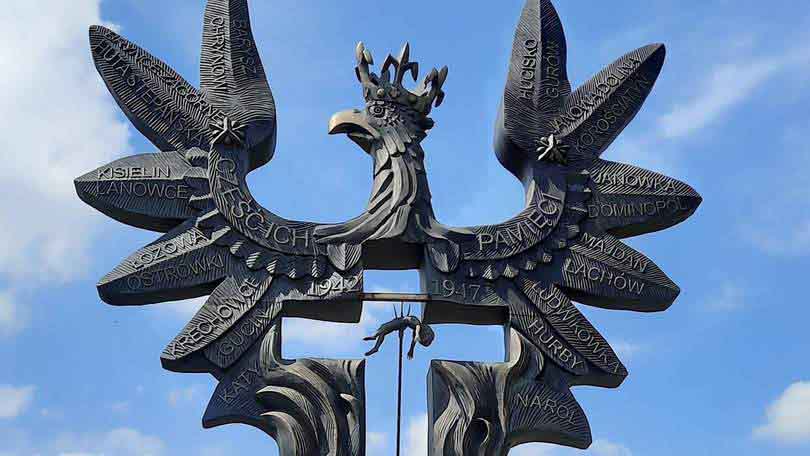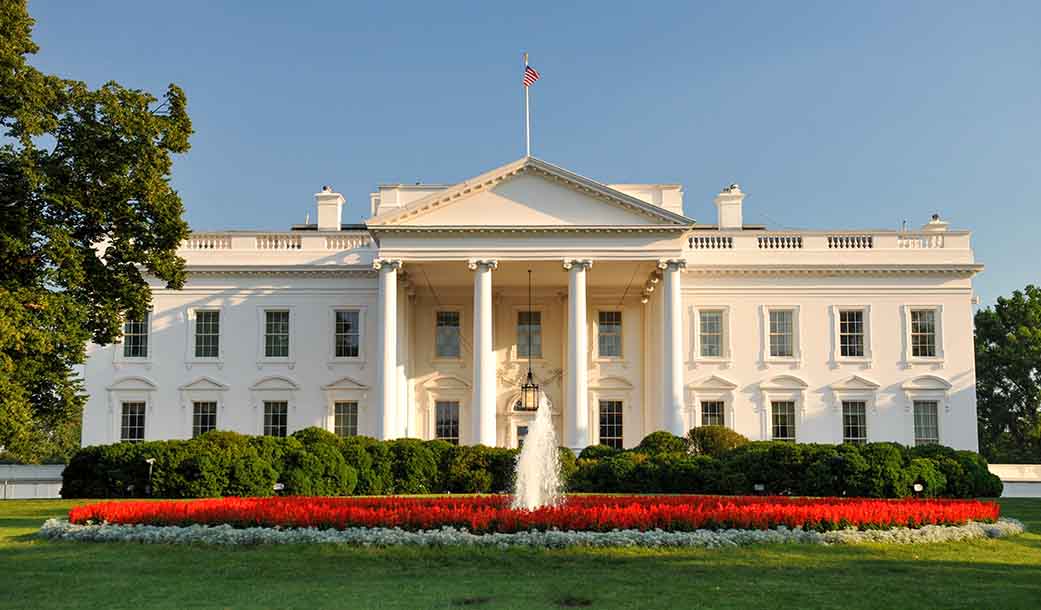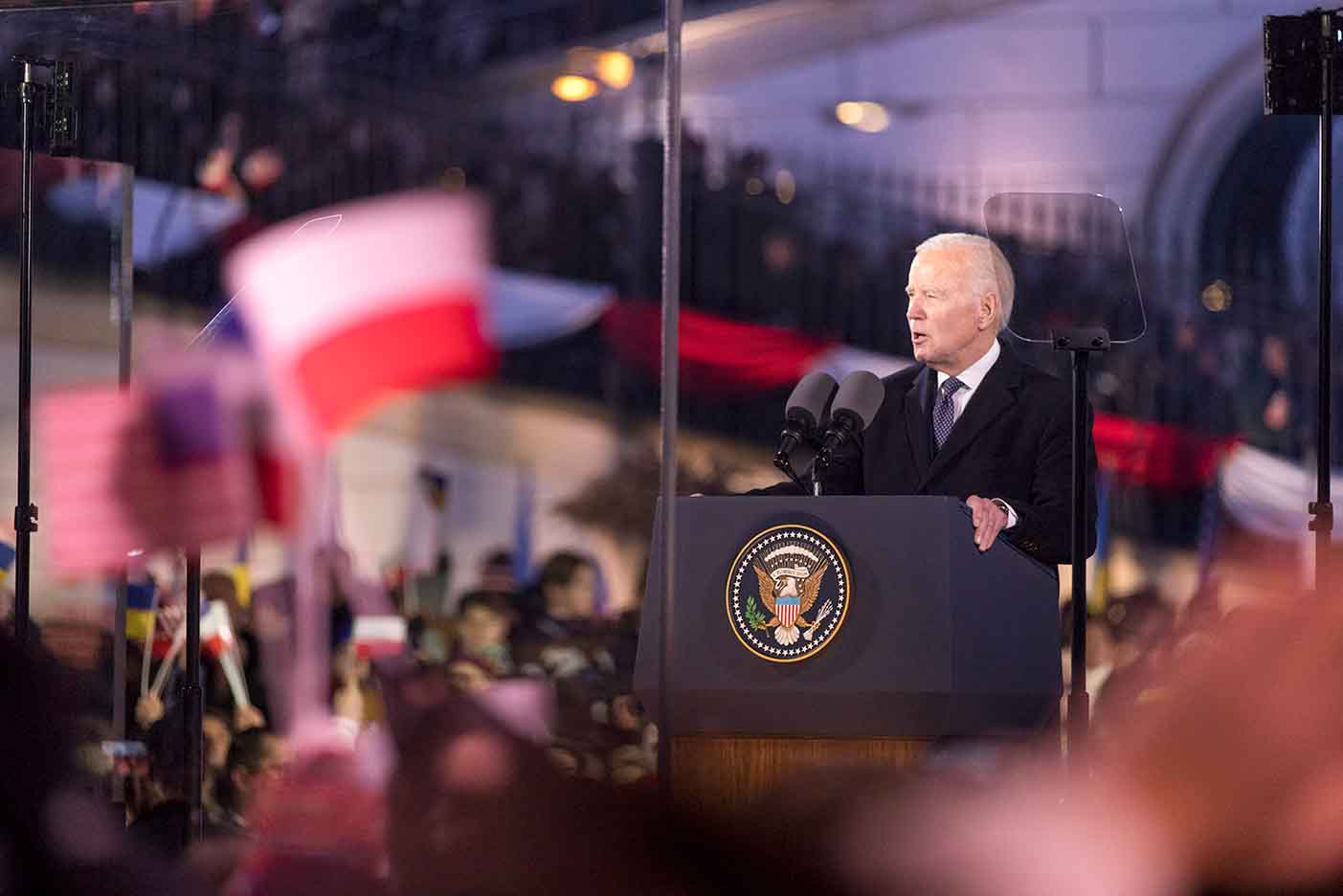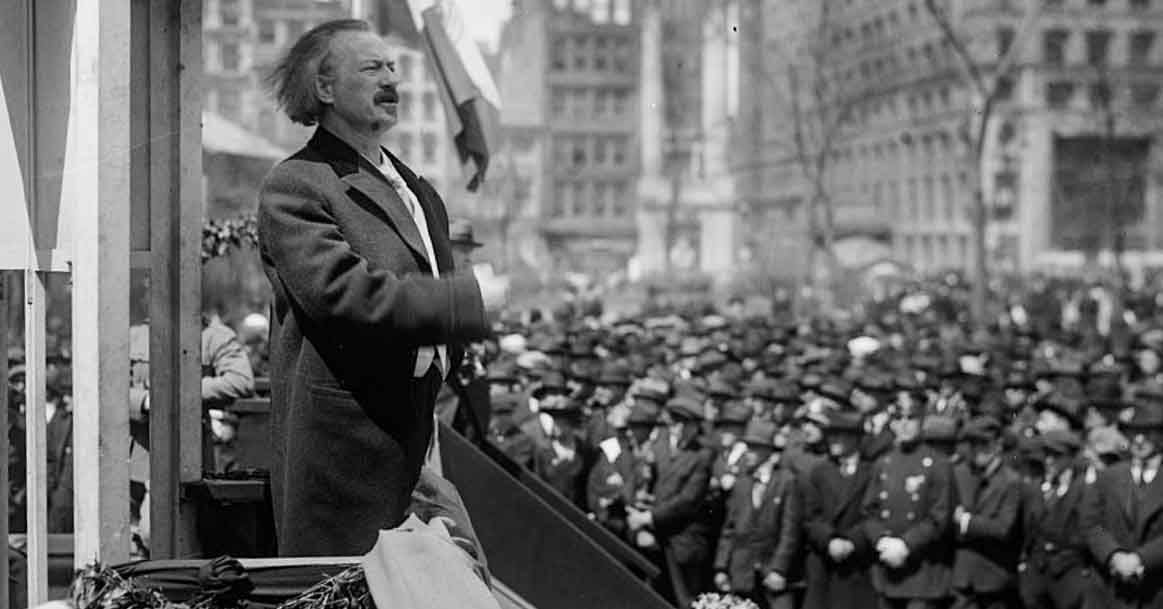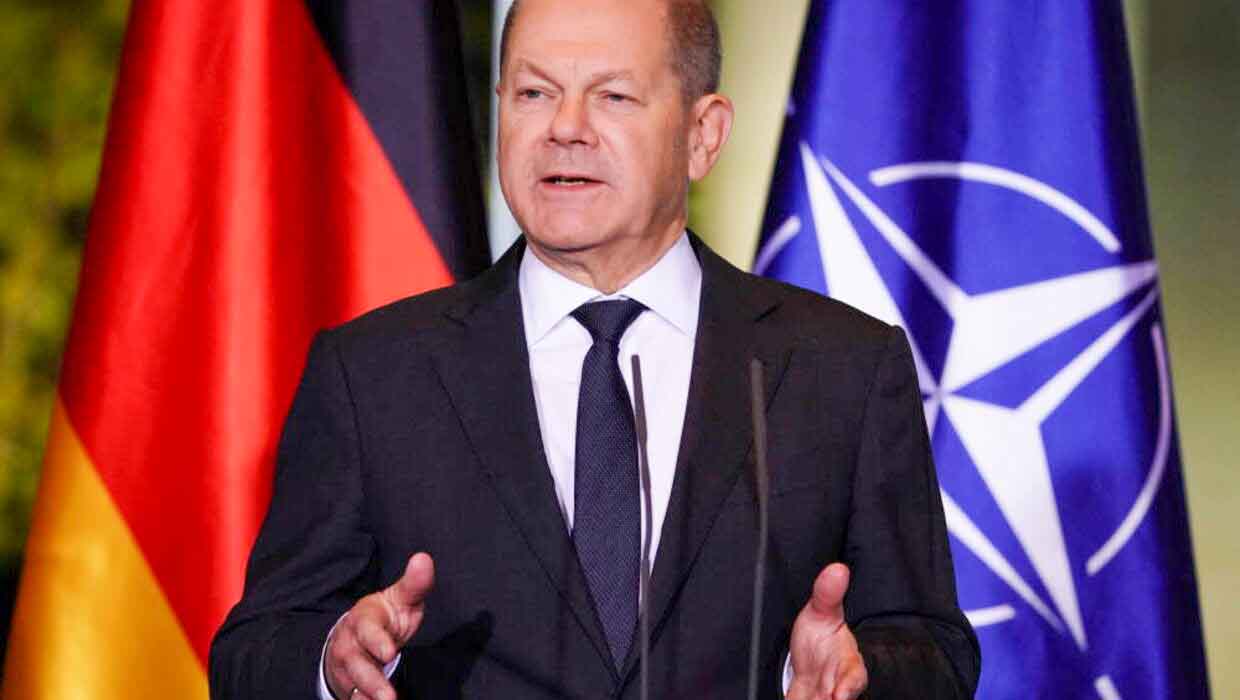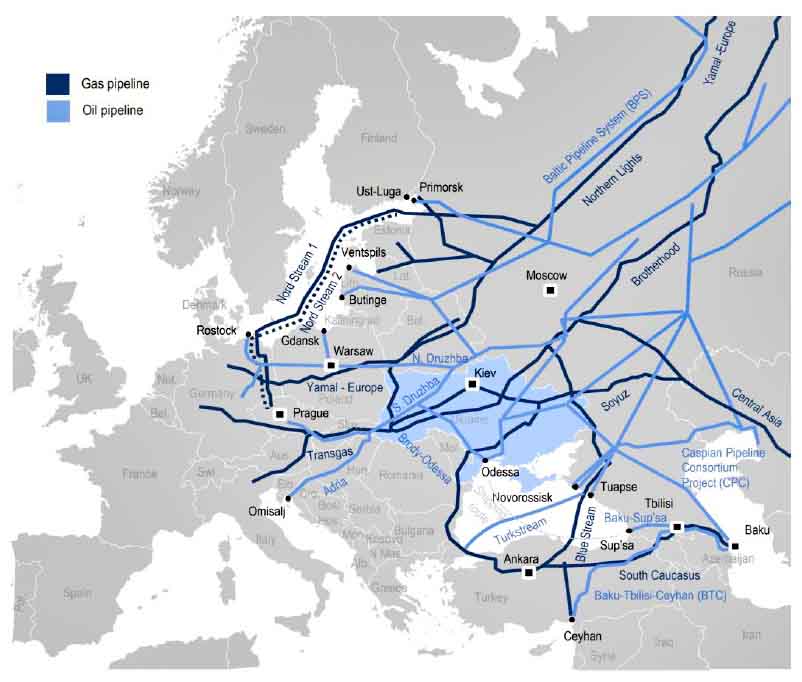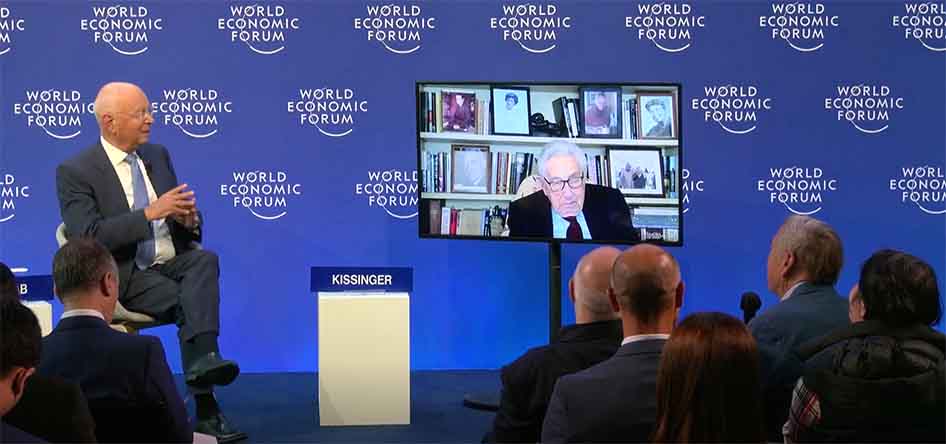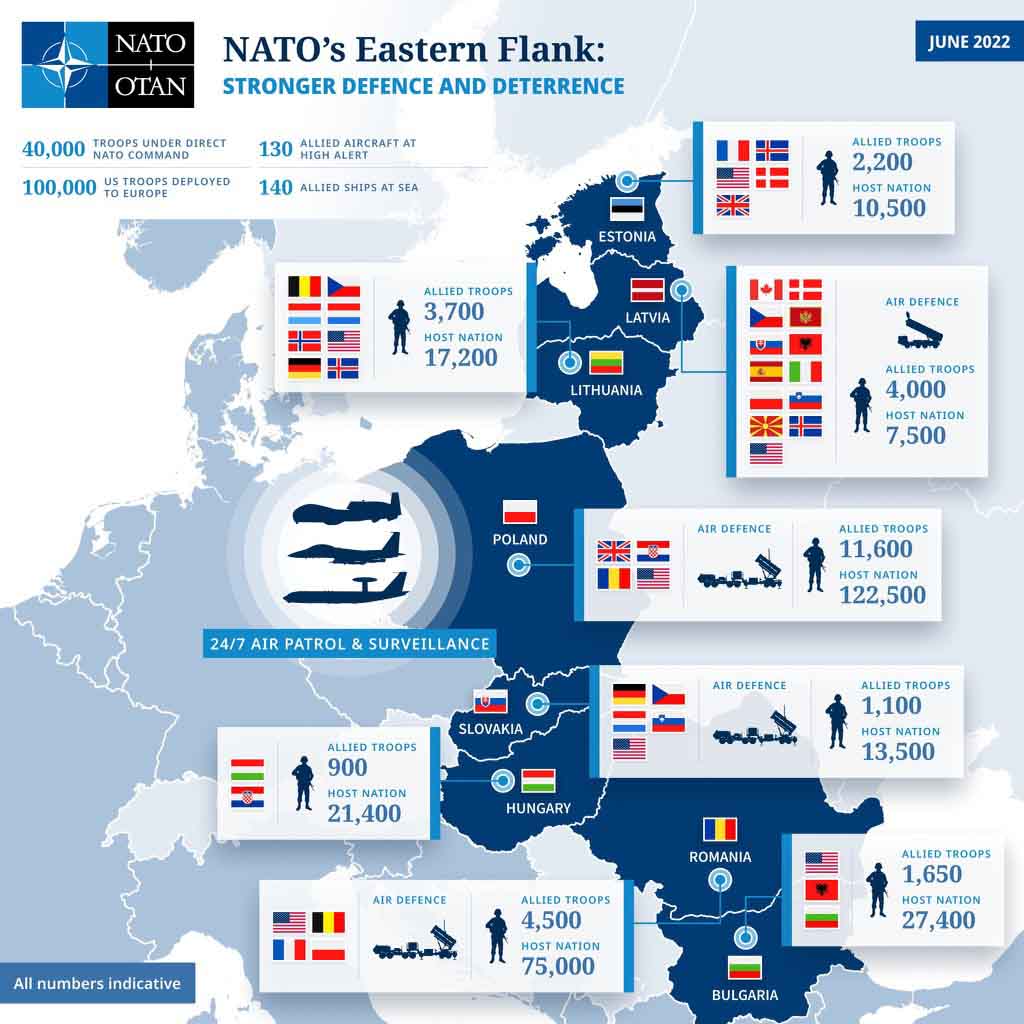The tragedy in Przewodów and the death of two Polish citizens clearly showed the scale of problems in bilateral relations between Poland and Ukraine.
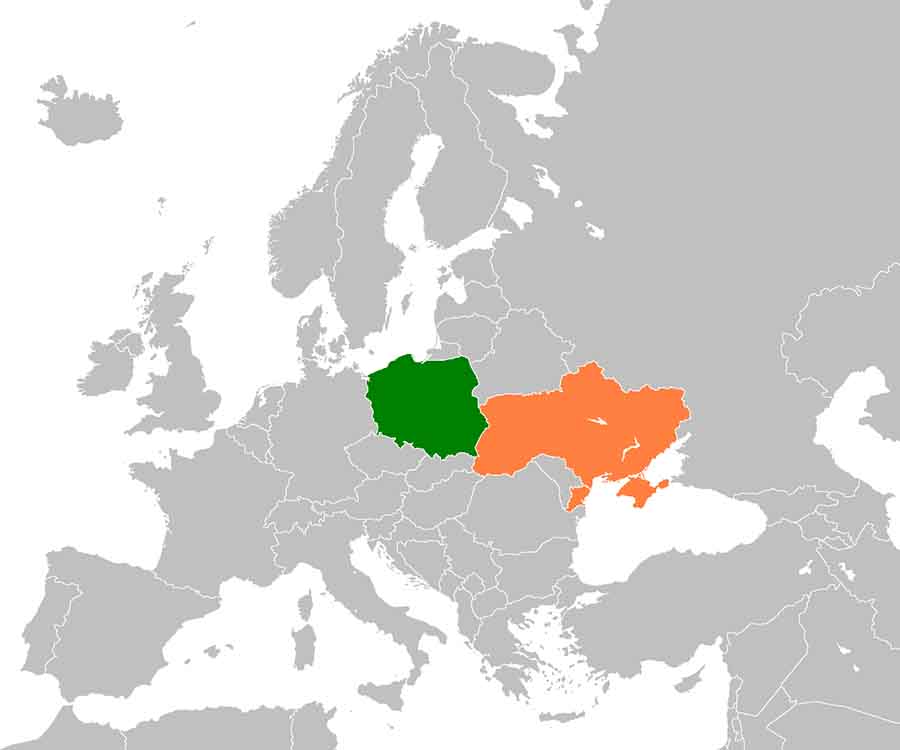
Poland and Ukraine (Source: Wikipedia)
Despite the passage of time and the evidence coming from the US and Polish intelligence data, which clearly show that the rocket that caused the death of Poles was launched from the Ukrainian territory, rather than Russian territory, the Ukrainian side — despite partially softening its position — still insists that it is not it was a Ukrainian rocket, but Russian.
Since the Russian attack on Ukraine, Poland has been helping Ukraine in three main areas:
Political
Diplomatic relations between Poland and Ukraine were established on January 4, 1992, and since then Poland has uncritically supported Ukraine's diplomatic efforts to support the country's sovereignty.Military
Poland supplies military equipment and is the third country in the world in terms of the amount of military aid provided to Ukraine. The government in Warsaw has already pledged $1.81 billion in support to Kiev, according to an analysis published by the BBC.Humanitarian
In terms of aid, Poland has been at the forefront of those donating the most (PLN 2.94 billion, USD 650 million) from the very beginning . Poles took into their homes — rather than refugee camps — Ukrainian women and children. In the first half of 2022, over 70 percent. of Polish households were involved in helping refugees. Since February 24, i.e. since the beginning of Russia's aggression, over 7.88 million refugees from Ukraine have crossed the Polish-Ukrainian border, according to the Border Guard. The Polish government spent PLN 5.5 billion ($1.2 billion) to help refugees from Ukraine.
What shocks Poles is the fact that no word was uttered from the Ukrainian side regarding the tragedy in Przewodów, for example "sorry".
On the contrary, at the same time Andriy Melnyk became the new Deputy Minister of Foreign Affairs of Ukraine, which causes great irritation among the entire Polish community, also overseas. Melnyk is notorious for his statements to the Western media saying that Bandera was not a mass murderer and Ukrainians were persecuted in the Second Polish Republic "in a way that is hard to imagine". He said that Poland was for Ukrainians at that time "the same enemy as Nazi Germany and the USSR".
It is worth asking the question: in view of the intricate work of the Polish presidential center on bringing about a historic neighborly treaty between Ukraine and Poland (which is supposed to resemble the agreement concluded by France and Germany in 1963), are Ukrainian movements reminiscent of an elephant in a china shop? Or is it a deliberate stiffening of the Ukrainian negotiating position?
I am writing this text from overseas, in keeping up the interest in Polish politics. I direct this question to the Polish political class.
Maybe it is worth to clearly communicate to the Ukrainian side before the negotiations that the victims of the Volhynia massacre must be commemorated by — at least — placing a cross on the forgotten graves of Poles before the treaty is signed?
Are we assertive enough in all these diplomatic relations? Let's stop being "servants of Ukraine", let's become an assertive party expressing the Polish raison d'état in these talks.






